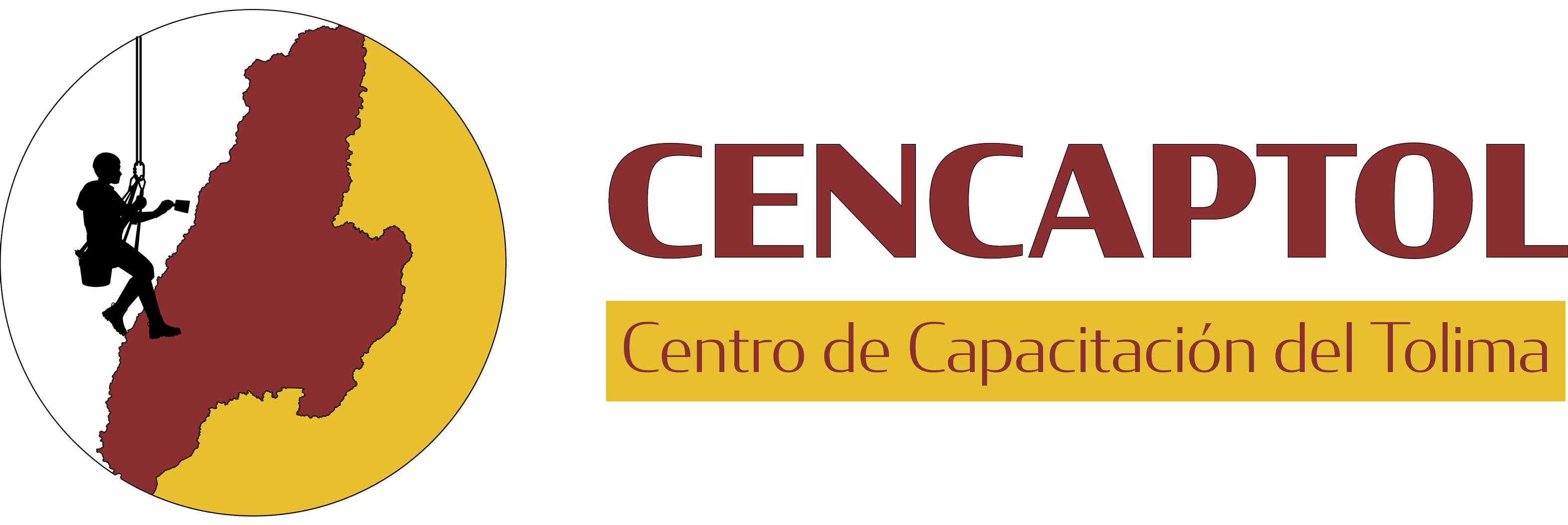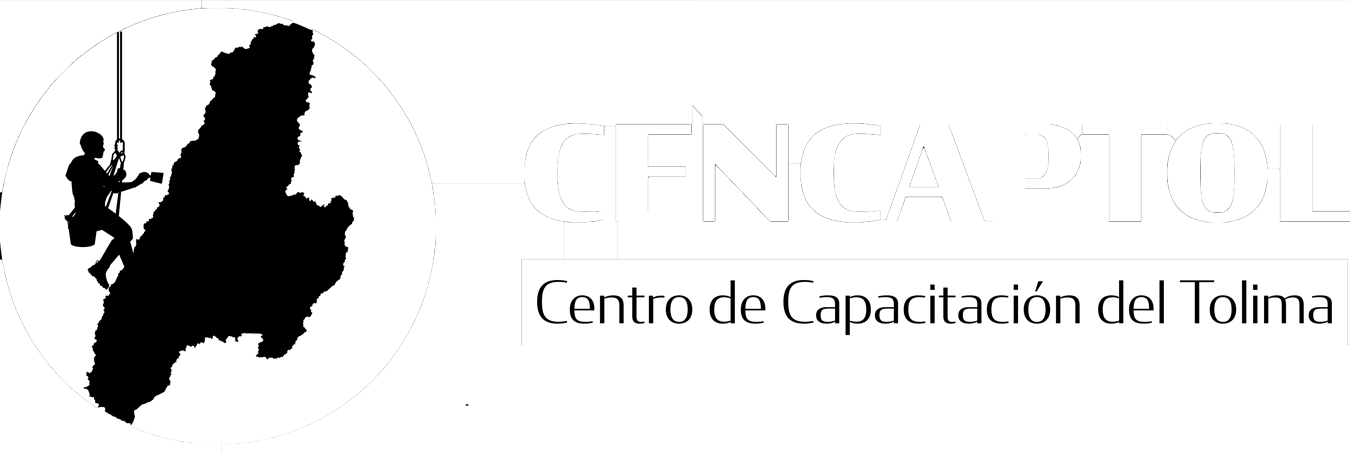Содержание
Now here we are in the Western world, with roofs over our head, food, water, tons of choice. Living a life that people in other parts in the world are literally dying to try to have. But according to you this is some sort of convoluted hell.
- Emotional awareness means knowing you are having feelings and feeling them.
- I am very vulnerable and can suspect any phrase, behaviour, look to be ‘bad’.
- Came back and the whole cycle started again.
Last night we saw each other for the first time since the breakup. I’m feeling scared because I know this woman and I love her, but I realize the relationship is damaged by her actions. I have qualifications in psychology and am amazed at how long I was suffering counter dependence without realising it! I think the nature of the problem makes it so hard to identify and seek help for, as we don’t need anyone, do we?
I’m not afraid of isolation and feel no gloom attached to it. Relating on the other hand is rather terrifying and I’m not yet convinced it’s worth the risk. I suppose I have answered my own question here.
Once we decide we’re codependent we think that pulling away from the natural and caring behaviors that accompany connection and intimacy and constructing a slalom course of boundaries that virtually no one can jump, is the solution. Its origins are deep and its healing needs to be deep. No one in our fast paced world really wants to say that. If we start a true healing process each day becomes a quiet celebration, not only because we feel the cumulative nature of our healing, but we’re not wasting time just repeating what isn’t working. “When we get scared, our left brain, the language part of the brain, becomes overwhelmed and shuts down…. What remains very active, however, is the emotional scanning system in our right brain.
Online:
But we recognise codependency and with the right support, you can overcome it. Reaching out for help with codependency is a challenging step towards a beautiful and life changing journey. Eventually, the person may feel lost in life, lose touch with their authenticity, their emotions and true self and will exhibit low self-esteem and low self-worth. This is because they are mainly focused on another person rather than themselves. I have come to recognize that whilst lockdown was a wonderful time of contentment for an happy counter-dependent, it is actually tripping over into clinical agoraphobia. These kinds of patterns can be stubborn and we can need help to work through them, but with time and commitment they can be totally turned around.
Taking on the negative emotions and blaming oneself for any bad situation encountered by the other person. Enablers are drawn into the needs of others without ensuring your own are met successfully. They sacrifice what is beyond normal for their partner so they will not have to feel any negative emotions.
- The ability for individuals to forge their own paths or even survive without the use of counterparties, middlemen, or government-backed institutions is completely gone.
- Note how you bend over backwards to be a ‘perfect partner’ for your ex, which we’d say is codependent and manipulative.
- This ultimately results in codependent behavior characterized by dishonesty and denial.
- Another aspect that should definitely be considered is that the UADI does not differentiate between different forms of addiction , while it measures a general prevalence of addiction.
- In our relationship I use giving as a way of feeling safe.
When codependents place other people’s health, welfare and safety before their own, they can lose contact with their own needs, desires, and sense of self. Two people can obviously be in this pattern for a long time – seemingly getting along, suddenly having some acting out or emotional explosion, making up, returning to their roles, and repeating the pattern over and over again. Sometimes, particularly for the rescuer, will continue until he eventually drops from the weight of it all – he gets a heart attack or has some psychological breakdown, and everyone is surprised and afraid. What can also happen over time, and what often brings the couple intotherapy, is that one person is either tired of going around the cycle, or begins to outgrow the role he is in. Like any other pattern it takes two to play the game and as soon as one person begins to move towards the adult, the other gets scared and tries to pull him back in to keep it going.
ABOUT THERAPY
The authors declare that the research was conducted in the absence of any commercial or financial relationships that could be construed as a potential eco sober house complaints conflict of interest. PD, SM, and SC designed the study and drafted the manuscript. PD, SM, SC, and ADR analyzed the data and discussed the results.

Do I even know how to be happy within myself? Do I know what trust feels like and how to grow it? Am I actually making choices that make me feel good in life?
I am very vulnerable and can suspect any phrase, behaviour, look to be ‘bad’. Also ‘totally sure’ for me means ‘partner is totally controlled’; it’s crazy that sufficient control is when you read partner’s thoughts, which is impossible. I can’t imagine ever trusting anyone enough to erase the trauma of my childhood.
It’s almost as if love is not love without sacrifice, like you only know you are loving if you are making such a sacrifice. The converse can also be true, that you don’t know you’re loved unless the other person is making a sacrifice and yet you will feel guilty if they do. This type of relationship is called codependency, and it’s something most experts would advise against. In dealing with each of the core issues, the dysfunctional adult (or co-dependent) tends to act in the extreme. Instead of focusing solely on what others need, we can start considering our own needs.
What can be done about Codependency?
If you learned to finally stop the voice deep inside of you that tells you you don’t actually deserve good things, that you actually deserve to be with people who treat you poorly like your father? It’s all a perspective, the way we choose see things and choose to live. You are absolutely free to live as you see fit, and certainly to stay with the survival mode you learned as a child is an option that at times can feel a lot safer, no doubt.
It’s a misunderstanding to think of codependents as ‘helpless’ – indeed many are extremely competent and manipulative in their own way. Being codependent is at heart about finding a way to feel powerful. Also, most people swing from codependency to counterdependency within relationships – a certain amount of role switching happens .
• lack empathy for the feelings and needs of others. Codependency is treated in the same way as other addictions at Broadway Lodge with a mixture of both group and individual sessions. Codependents seek security both at work and at home, so they are drawn to individuals who are, or appear to be, confident, positive and self-assured. I had never heard of counter-dependency until I was 69. There was sudden self-recognition while I was doing the washing up one day.
The persecutor is not as tough as he thinks but only sees his weakness and goodness in the victim and rescuer. This is a useful way of looking at relationships, and I use this in all my work with couples both as a way of seeing where they are, but also https://sober-house.org/ where they need to go. It is based on the Drama Triangle, also known as the Karpman Triangle, which was developed by psychiatrist Steven Karpman in the in the early 1970’s. What follows in my interpretation and expansion on Karpman’s original ideas.
This can be due to the fact that the instrument was originally carried out in 2005 when the average use of the Internet and social networks was still limited. Moreover, the use of messaging for interactions with friends and acquaintances has also highly increased. Another aspect that should definitely be considered is that the UADI does not differentiate between different forms of addiction , while it measures a general prevalence of addiction. In light of current developments, we believe there is a need to provide adequate distinctions between different types of addiction and to differentiate areas affected by possible problems. The results are, however, similar to the findings of the study by Salarvand et al. , also conducted with university students.
The Big Five for Life (German Edition)
You get the idea, in other words, put the focus on you, the only place you actually have any control. And these are all things that would be much better to discuss with your therapist over a stranger who only knows what you’ve put in this comment. Finally, give yourself some credit for getting through all that and for also being in therapy, sounds eco sober house rating like you are a courageous person. Who might just need to gather up all that courage and believe she deserves to feel good and be happy and then makes steps towards that. Hi H, we understand that you feel angry, rejected, and let down. But if you read your comment carefully, and are courageous enough to be honest, here is what you might find.
Everyone does this to some extent and needs to in order to swim with the shoal; it is when we tune into others at the exclusion of tuning into ourselves that it can cause a problem. This disheartened child may set about a life long repetitive pattern designed, at its roots, to turn their parent’s sour face into a happy one. They will craft their behavior to get that face to smile back at them, to gaze at them with affection, to register approval. Their attention will become outwardly focused. Co-dependents Anonymous UK is a fellowship of people who have all experienced codependency and are either in recovery or want to begin their recovery journey.
- Father was alcoholic, never tender or around very much and then when he was, he was abusive to me espencially both physically and mentally.
- It’s a good idea to seek counselling – whether as a couple or solo – to explore the root triggers for codependency and work out why you’re prone to certain relationship behaviours.
- What works for the child, however, doesn’t necessarily work so well for the adult.
- Other studies also point out the association between Internet addiction with depression (43, 112–114), hyperactivity and attention deficit (115–119).
- It links perfectly on from my blogs on the subject and links into Psychology Today’s article on what I describe as blame and shame in relationship-The Drama Triangle!
And in return, either your partner will entirely depend on you, or they’ll need to be needed. The chain of symptoms that characterise co-dependence are known as the ‘core’ or ‘primary’ symptoms and they describe how co-dependents are unable to be in a healthy relationship with themselves and others. Codependency prevents us from having healthy, balanced relationships where the needs of both people are recognized and met. The more you understand codependency the better you can cope with its effects.
A codependent in a relationship with a love avoidant, abuser, narcissist or sex addict. A codependent will settle for behaviour that, to most, is totally unacceptable. They will tolerate verbal and physical beatings, commitment avoidance, psychological abuse, unfaithfulness and betrayal.
After about a year and a half of this, I wanted more. I wanted a more stable, serious relationship. When I proposed this he said he didn’t want to go any further. That although he enjoyed our relationship, he did not feel anything for me beyond attraction.

